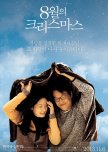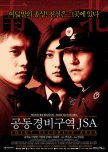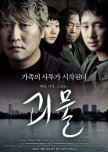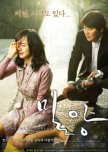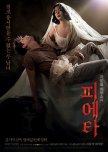 Highlights of the 24th Busan International Film Festival
Highlights of the 24th Busan International Film Festival In a tavern during the early 1960s, Dong Ho, who is in his 30s, recalls his past as he is listening to a rendition of "pansori" sung by the tavern owner. Dong Ho and his sister were raised by the pansori singer Yu Bong, who treats them sternly and with a strict training regimen in his attempts to make serious artists of them as Yu Bong feels that a truly great pansori artist must suffer. Eventually, Dong Ho runs away, but his sister stays behind. Edit Translation
- English
- magyar / magyar nyelv
- dansk
- Norsk
- Native Title: 서편제
- Also Known As: Seopyeonje
- Screenwriter: Kim Myung Gon
- Director: Im Kwon Taek
- Genres: Music, Drama, Family
Where to Watch Sopyonje
Free (sub)
Cast & Credits
- Kim Myung Gon Main Role
- Oh Jung Hae Main Role
- Kim Kyu ChulDong HoMain Role
- Ahn Byung Kyung[Naksan rebellion]Support Role
- Choi Dong JoonCheon GaSupport Role
- Kang Seon SookSe Wol NeSupport Role
Reviews

This review may contain spoilers
It subtly wrapped me in its delicate web of pansori & quietly etched itself into my heart
I never imagined, at the beginning of the KMovie Seopyeonje, that this film would take such hold of me — that it would subtly wrap me in its delicate web of pansori sounds and, by the end, leave me deeply moved and emotionally full in a way that defies comparison. On the contrary, I was even tempted to stop watching early on… and yet, quietly, Seopyeonje etched itself into my heart.It is a silent masterpiece. Poetry in images. Minimalism that omits nothing, but says only what must be said.
And then: that moment when the spark of Han — that deeply rooted feeling of loss, pain, and longing — is passed on. Not with pathos. But with a quiet glance. A melody. An unfinished sentence.
Obviously, I give it my highest praise. And I’m far from the first. Seopyeonje was initially shown only in Seoul in 1993, but audiences were so moved that it expanded nationwide — against all expectations. Soon, over a million people had seen this quiet film, which offers no spectacle, yet unfolds an overwhelming inner force. Many critics still speak of it as a turning point in Korean cinema — the first serious attempt to explore cultural roots on screen, with pride, depth, and quiet beauty.
------------------- Pansori, Han, and the School of Sorrow -------------------------------------
The title Seopyeonje refers to one of the three main styles of pansori: the western style, particularly solemn and perhaps the most technically demanding. But Seopyeonje is more than music — it is narrative, sound, breath. A life theme for the protagonists, a central motif of the film, a spiritual core. And a mirror of suffering that is not confined to the Korean peninsula.
Han — in Korean — does not describe individual pain, but a collective, deep-seated wound. Initially shaped by colonization, division, and bondage. Yet Han is not just sorrow — it is also strength. Grief that does not fade, but perhaps can be transformed. Into music. Into movement. Into memory.
Seopyeonje lives from this. The film does not force us to feel — it invites us. Into quiet images. Into pauses. Into the invisible between the notes.
-----------------------------------------------------------------------------------------------------------
This KMovie is a staging like a song cast in light. What director Im Kwon-taek achieves here is more than cinema. It is like a sung poem. The camera is almost motionless, as if not to disturb the sound. Landscapes do not pass by — they linger. Colors — especially white, brown, deep red — seem to come from memory, not the present. Every scene is composed like a measure in a long song.
The film speaks a quiet cinematic language: where others insert dialogue, Seopyeonje remains silent — or lets a pansori piece speak. When Song-hwa sings, time stands still. And perhaps that is the film’s greatest magic: that by the end, you forget you’re watching — and begin to listen.
The film’s deepest rupture is not loud — it happens almost in passing. Song-hwa, the adopted daughter, loses her sight. What first appears as tragedy becomes a disturbing act of devotion: her father Yu-bong takes her sight so she must rely solely on hearing — to fully merge with pansori. It is both sacrifice and violation, unsettling and ambiguous. Yet Seopyeonje does not judge — it lets us feel for ourselves whether there is beauty or destruction in it.
Song-hwa’s singing after her blindness is purer, clearer, more piercing. But at what cost? That remains open — like so much in this film. And perhaps that is its greatest truth: that no answer needs to be loud to be valid.
------------------------------------ SIDE NOTE: Pansori – Sound as Cultural Memory -------------------------------------------
Pansori is not just an art form — it is a cultural memory. For centuries, this epic singing tradition has been performed in Korea by a solo singer accompanied by a drummer — with voice, gesture, breath. The stories, often hours long, blend folk tales with literary depth, improvisation with ritual.
Originally developed in Korea’s southwest, pansori was long a folk art passed down orally. Only in the 19th century did it gain recognition among the urban elite. But with modernization, the knowledge began to fade — until 1964, when the Korean government designated it a National Intangible Cultural Heritage. In 2003, UNESCO added it to its list of Masterpieces of the Oral and Intangible Heritage of Humanity.
This recognition was more than a title — it was a lifeline. Since then, pansori has been actively supported, taught, and passed on. And yet: the original spontaneity, the free improvisation that once gave it magic, has become rarer. Many performances now follow fixed texts, and audiences are less familiar with the old codes. But the sound remains. And with it, what Seopyeonje so powerfully shows: that a single voice can carry an entire world.
Was this review helpful to you?
Recommendations
There have been no recommendations submitted. Be the first and add one.

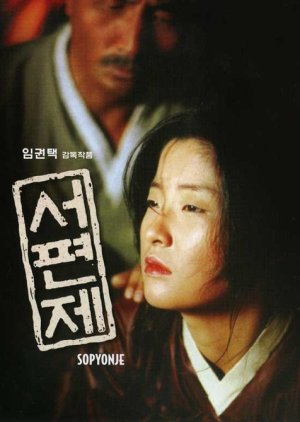



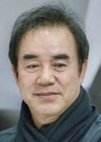



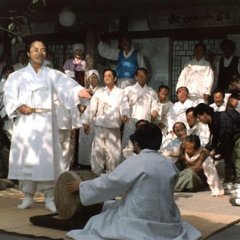
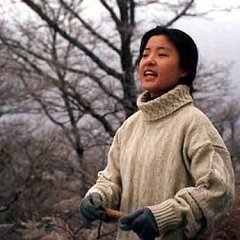
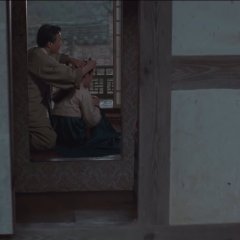
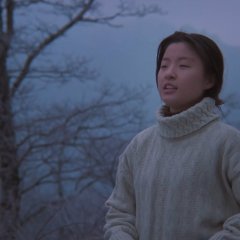
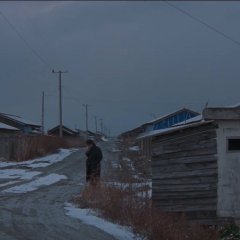
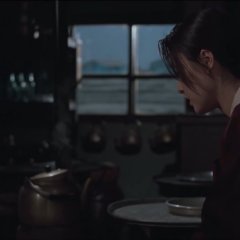




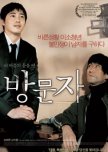
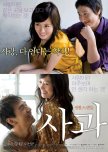
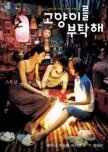
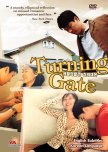
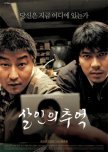
![[1990s] A guide to various Classic Koreans movies](https://i.mydramalist.com/JpvNlt.jpg)
![[1990s] A guide to various Classic Koreans movies](https://i.mydramalist.com/X26mOt.jpg)
![[1990s] A guide to various Classic Koreans movies](https://i.mydramalist.com/GLlQ3t.jpg)
![[1990s] A guide to various Classic Koreans movies](https://i.mydramalist.com/73DANt.jpg)
![[1990s] A guide to various Classic Koreans movies](https://i.mydramalist.com/oQVrEt.jpg)
